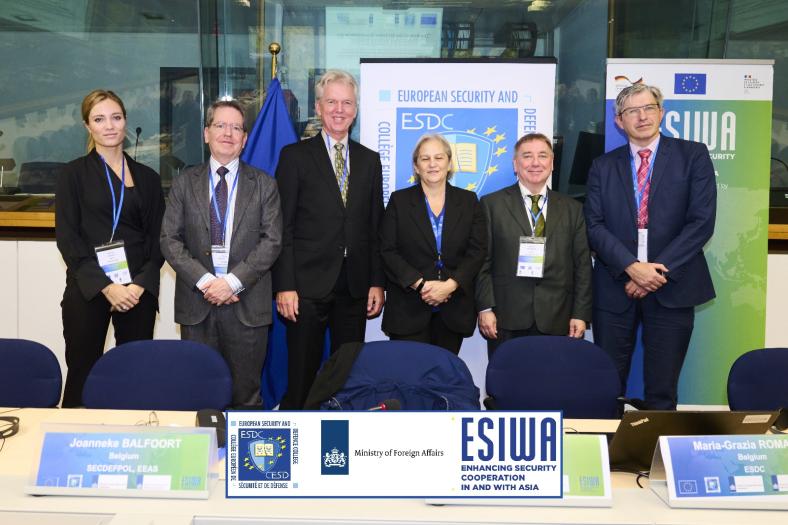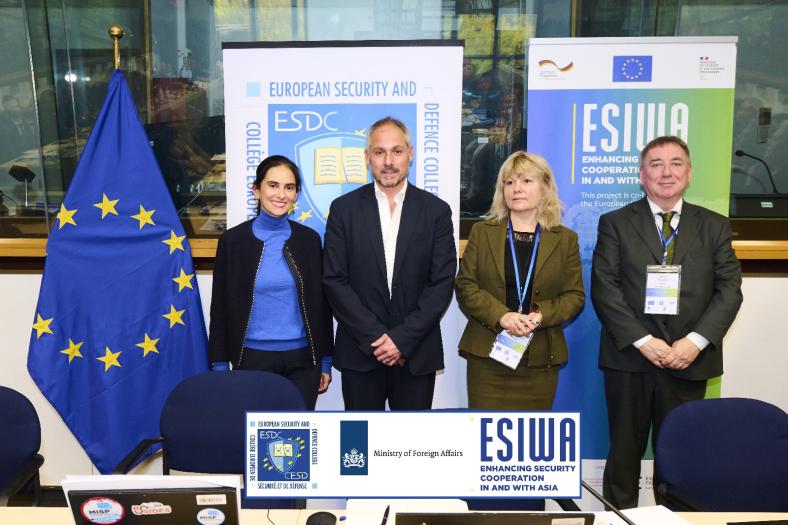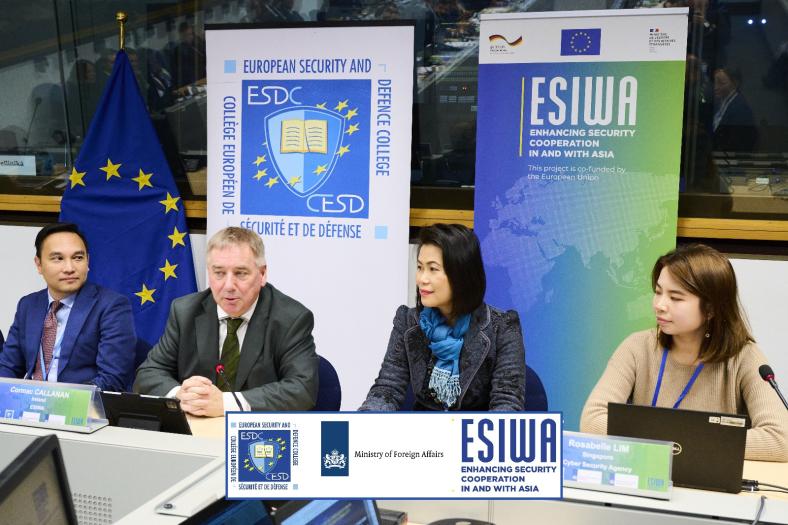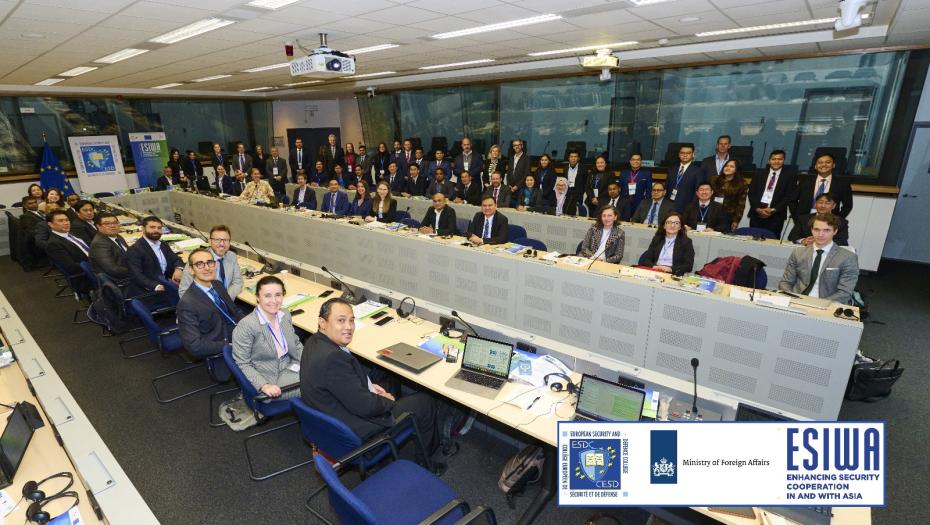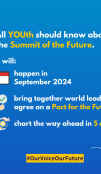‘Stability’ central theme of global cybersecurity training with Indo-Pacific partners

European Union met Indo-Pacific partners for a cybersecurity course entitled ‘The Role of the EU Cyber Ecosystem in Global Cybersecurity Stability’. Now in its second edition, the course took place again in Brussels from 7 - 9 November 2023.
Co-organised by the European Security and Defence College (ESDC), the course brought together around 70 representatives from EU Member States, EU Institutions and several Indo-Pacific partners. It is organised as part of the EU Strategy for Cooperation in the Indo-Pacific.
The partner countries included Bangladesh, Brunei, Cambodia, Fiji, India, Indonesia, Laos, Japan, the Republic of Korea, Malaysia, the Maldives, the Philippines, Singapore, the Solomon Islands, Sri Lanka, Thailand, Timor Leste and Vietnam.
Opening keynote speeches were delivered by: Ms. Joanneke Balfoort, Director of Security and Defence Policy (SECDEFPOL) at the European External Action Service (EEAS), Mr. Ernst Noorman, Ambassador-at-Large for Security and Cyber at the Ministry of Foreign Affairs of the Netherlands, Mr. Fergal O Regan - Deputy Head of the ESDC and by Mr. Pierre Mayaudon, Co-Director of the ESIWA project.
Cyber-security trust & stability
The three-day course focused on the role of the EU cybersecurity ecosystem in strengthening global security, building trust & stability and improving cooperation between nations. Participants came away with a better understanding of the EU cybersecurity ecosystem, including its key policies, regulations and instruments.
Many topics were discussed including
- The EU Cyber Ecosystem
- Cybersecurity in the Region: global cooperation in cyber security.
- Global cybersecurity trends, threat landscape and key actors
- The EU Cybersecurity Strategy for the Digital Decade.
- Experience from an EU Member State: ‘The approach and priorities of the Netherlands in cybersecurity and cyber diplomacy’.
- The EU’s International Cooperation and Cyber Capacity Building
- Building resilience and mitigating cyber threats
- A Computer Emergency Response Team (CERT) example.
Cyberattack exercise
In addition, a tabletop exercise was provided, built around a fictional actor who becomes the victim of a cyberattack on national critical infrastructure. The participants had to figure out an appropriate response based on the information provided.
The event was a successful opportunity for Indo-Pacific participants to discover key issues connected to global cyber security stability. It was a unique opportunity to to meet top-flight experts and lecturers and network with fellow participants from Member States.
The ESDC would like to thank the speakers/experts for their exceptional contributions and valuable input and suggestions, namely:
All of the distinguished lecturers from the main stakeholders of the European cyber ecosystem: the European Parliament, the European Commission, the Council of the European Union, the European External Action Service (EEAS), EDA, ENISA, CERT-EU, EUROPOL, EU-LISA, EUISS and Hybrid CoE, as well as all of the distinguished speakers from Clingendael, EU Cyber Direct, C-PROC, GFCE and EU CyberNet.
Special thanks go to the course directors, the Ministry of Foreign Affairs of the Netherlands, the ESIWA Project, their staff, and all of the participants for their active participation and commitment.


